Grow Bigger Better Winter Squash With The Right Companion Plants
Grow Bigger Better Winter Squash with the Right Companion Plants
Winter squash is a delicious and versatile vegetable that can be enjoyed in many different ways. But did you know that the right companion plants can help you grow bigger, better squash?
Companion planting is a gardening technique that involves planting certain crops together to benefit each other. This can be done to deter pests, attract beneficial insects, improve soil health, or simply to create a more attractive garden.
When it comes to winter squash, there are a number of companion plants that can help you get the most out of your crop. Here are a few of the best:
- Marigolds: Marigolds are a classic companion plant for squash, and for good reason. They help to repel a variety of pests, including squash bugs, cucumber beetles, and aphids. They also attract beneficial insects, such as ladybugs and hoverflies, which help to control pests.
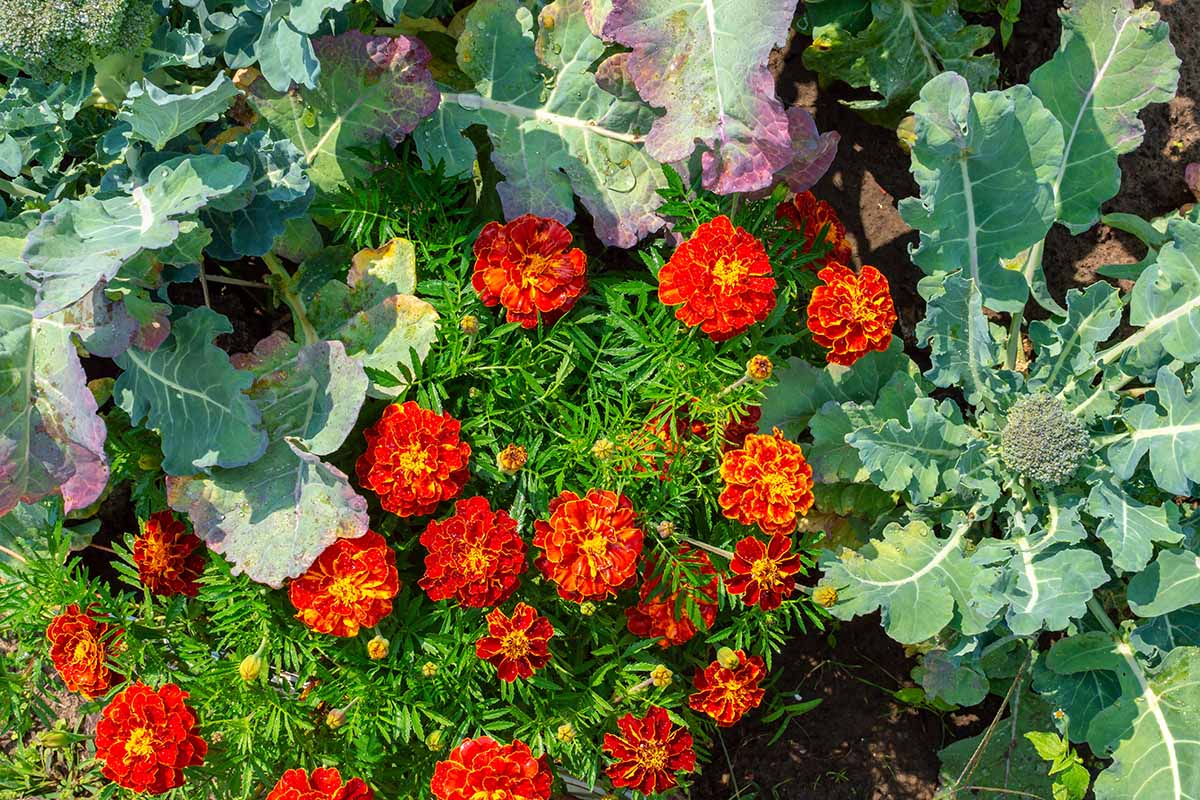
- Beans: Beans are legumes, which means that they fix nitrogen in the soil. This is beneficial for squash, as it helps to improve soil health and provide the plants with the nutrients they need to grow well. Beans also help to suppress weeds, which can compete with squash for resources.
- Sunflowers: Sunflowers are tall plants that can help to shade squash from the hot summer sun. This can help to prevent the plants from getting sunburned and stressed. Sunflowers also attract beneficial insects, such as bees and butterflies, which help to pollinate the squash flowers.
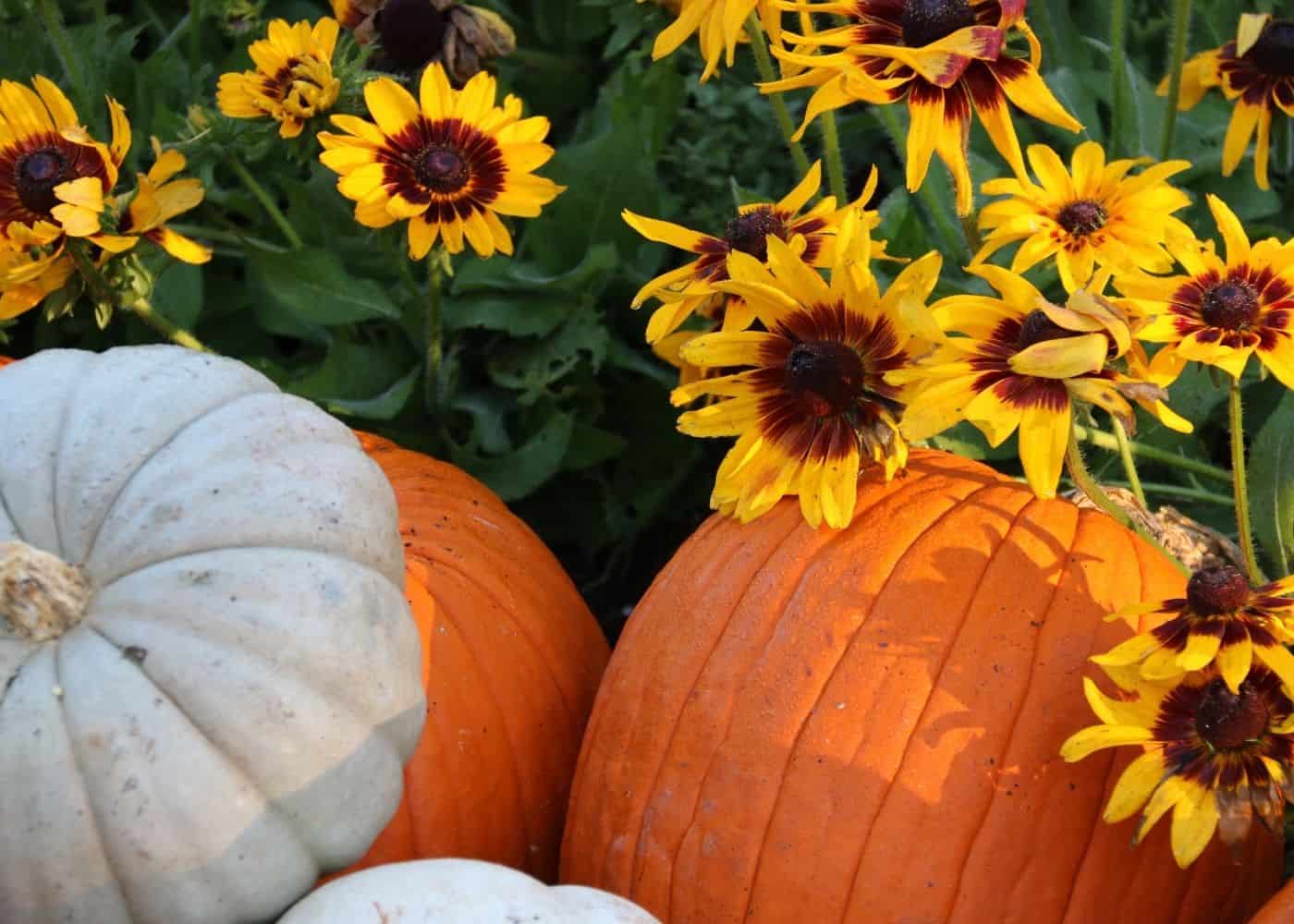
- Cucumbers: Cucumbers and squash are both members of the cucurbit family, so they have similar growing requirements. They can be planted together to save space in the garden, and they can also help to attract beneficial insects.
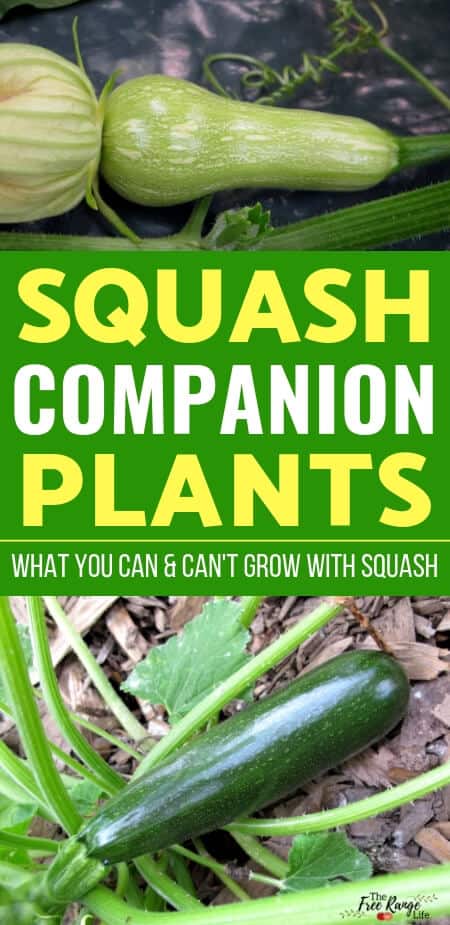
- Garlic: Garlic is a strong-smelling herb that helps to repel pests, such as aphids, spider mites, and whiteflies. It also helps to improve soil health and suppress weeds.

In addition to these specific companion plants, there are a few general principles that you can follow to grow bigger, better winter squash. First, make sure to plant your squash in full sun. They need at least 6 hours of sunlight per day to reach their full potential. Second, choose a well-drained, nutrient-rich soil. Winter squash are heavy feeders, so they need a soil that can provide them with the nutrients they need to grow. Finally, water your squash regularly, especially during hot, dry weather.
By following these tips, you can grow big, beautiful winter squash that will be the envy of your neighbors.
Winter squash is a delicious and versatile vegetable that can be enjoyed in many different ways. But did you know that there are certain plants that can help to improve the growth and productivity of your winter squash plants?
That's right, companion planting can be a great way to boost the health and yield of your winter squash crop. Some of the best companion plants for winter squash include:
- Beans: Beans are nitrogen-fixing plants, which means that they can help to improve the nitrogen levels in the soil. This is beneficial for winter squash plants, as they require a lot of nitrogen to grow.
- Borage: Borage is a flowering plant that attracts beneficial insects, such as bees and ladybugs. These insects can help to pollinate your winter squash plants and control pests.
- Cosmos: Cosmos is another flowering plant that attracts beneficial insects. It also helps to deter pests, such as squash bugs.
- Dill: Dill is an herb that attracts beneficial insects and repels pests. It can also help to improve the flavor of your winter squash.
- Nasturtiums: Nasturtiums are a flowering plant that repels pests, such as squash bugs and cucumber beetles. They also help to attract beneficial insects.
- Peas: Peas are nitrogen-fixing plants, just like beans. They can also help to shade the roots of your winter squash plants, which can help to prevent root rot.
- Sunflowers: Sunflowers are tall plants that can provide shade for your winter squash plants. They can also help to attract beneficial insects.
If you're looking for more information about winter squash companion planting, I recommend visiting Gardenia Inspiration. This website has a wealth of information on the topic, including a list of the best companion plants for winter squash, as well as tips on how to plant and care for your winter squash crop.
FAQ of winter squash companion plants
1. What are the best companion plants for winter squash?
Some of the best companion plants for winter squash include:
- Beans: Beans fix nitrogen in the soil, which is beneficial for winter squash. They also help to deter pests.
-(2).jpg)
- Cucumbers: Cucumbers and winter squash can help to suppress weeds. They also attract pollinators, which are important for both plants.
- Marigolds: Marigolds help to repel pests, such as squash bugs and cucumber beetles. They also add beauty to the garden.
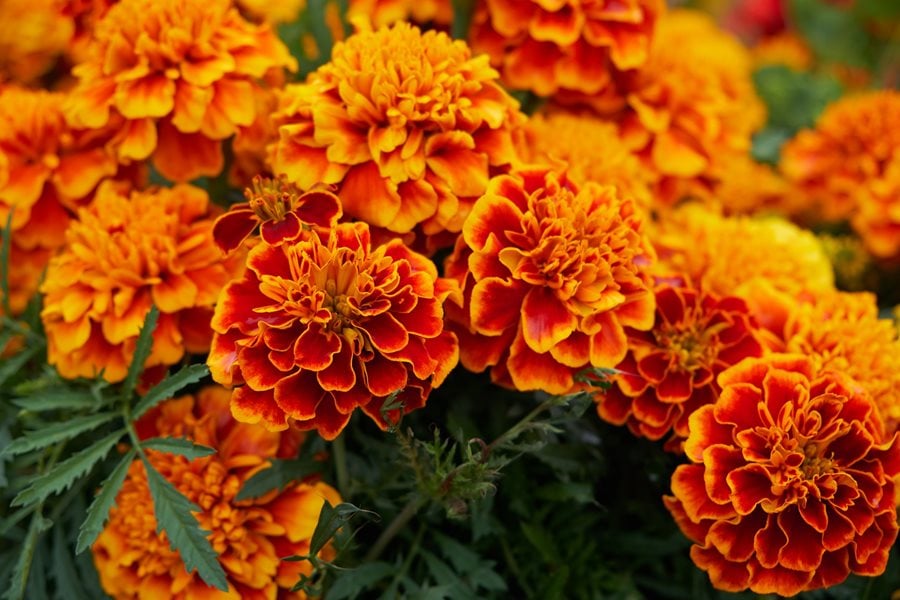
- Onions: Onions help to repel root knot nematodes, which can be a problem for winter squash. They also add flavor to the garden.
- Spinach: Spinach helps to suppress weeds and attract beneficial insects. It also makes a delicious salad or side dish.
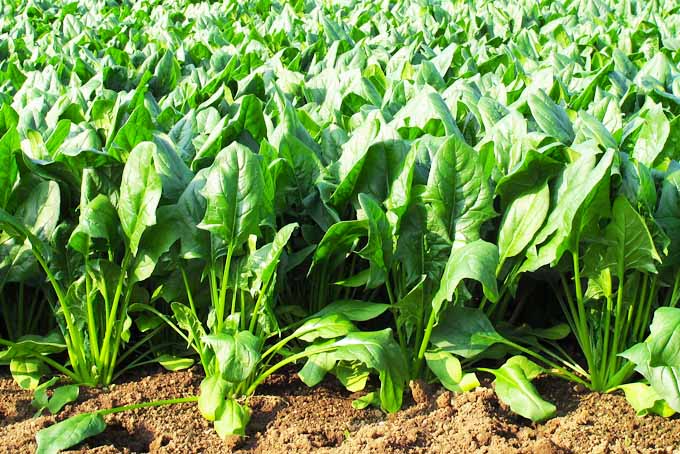
2. What are some good companion plants for winter squash that attract pollinators?
In addition to the plants listed above, some other good companion plants for winter squash that attract pollinators include:
- Borage: Borage is a beautiful flowering plant that attracts bees, butterflies, and other pollinators.
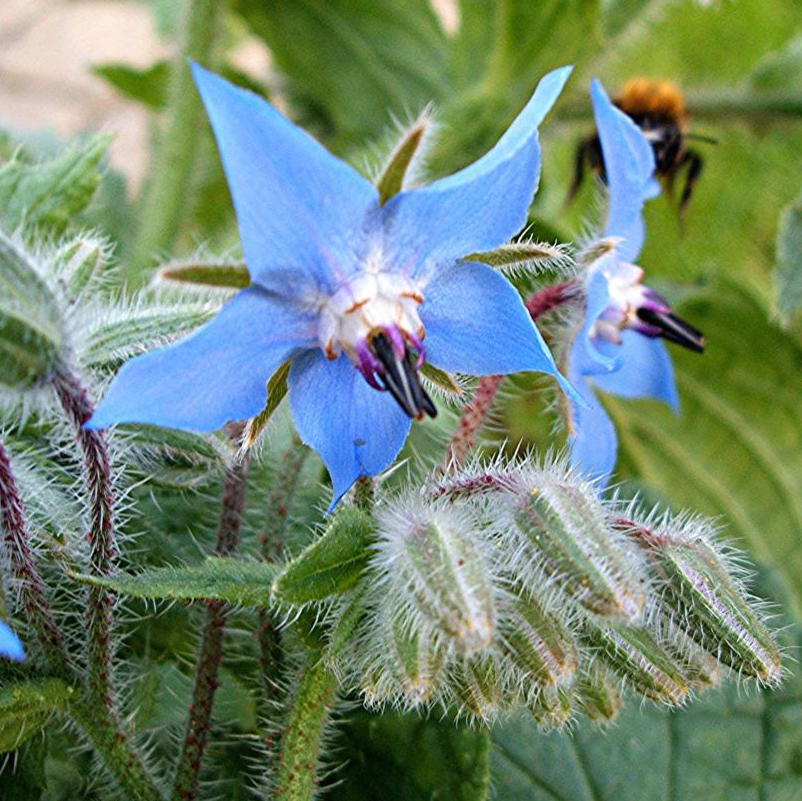
- Calendula: Calendula is another beautiful flowering plant that attracts pollinators. It also has medicinal properties.

- Dill: Dill is a popular herb that attracts pollinators. It can also be used to flavor food.
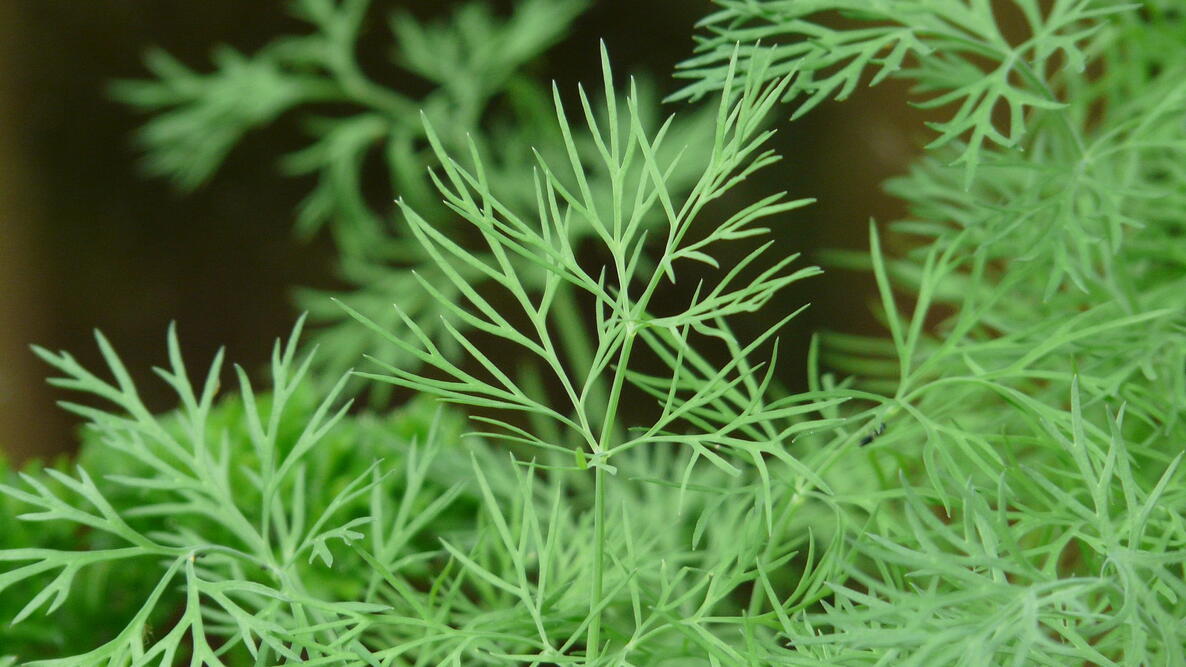
- Fennel: Fennel is a fragrant herb that attracts pollinators. It can also be used to flavor food.
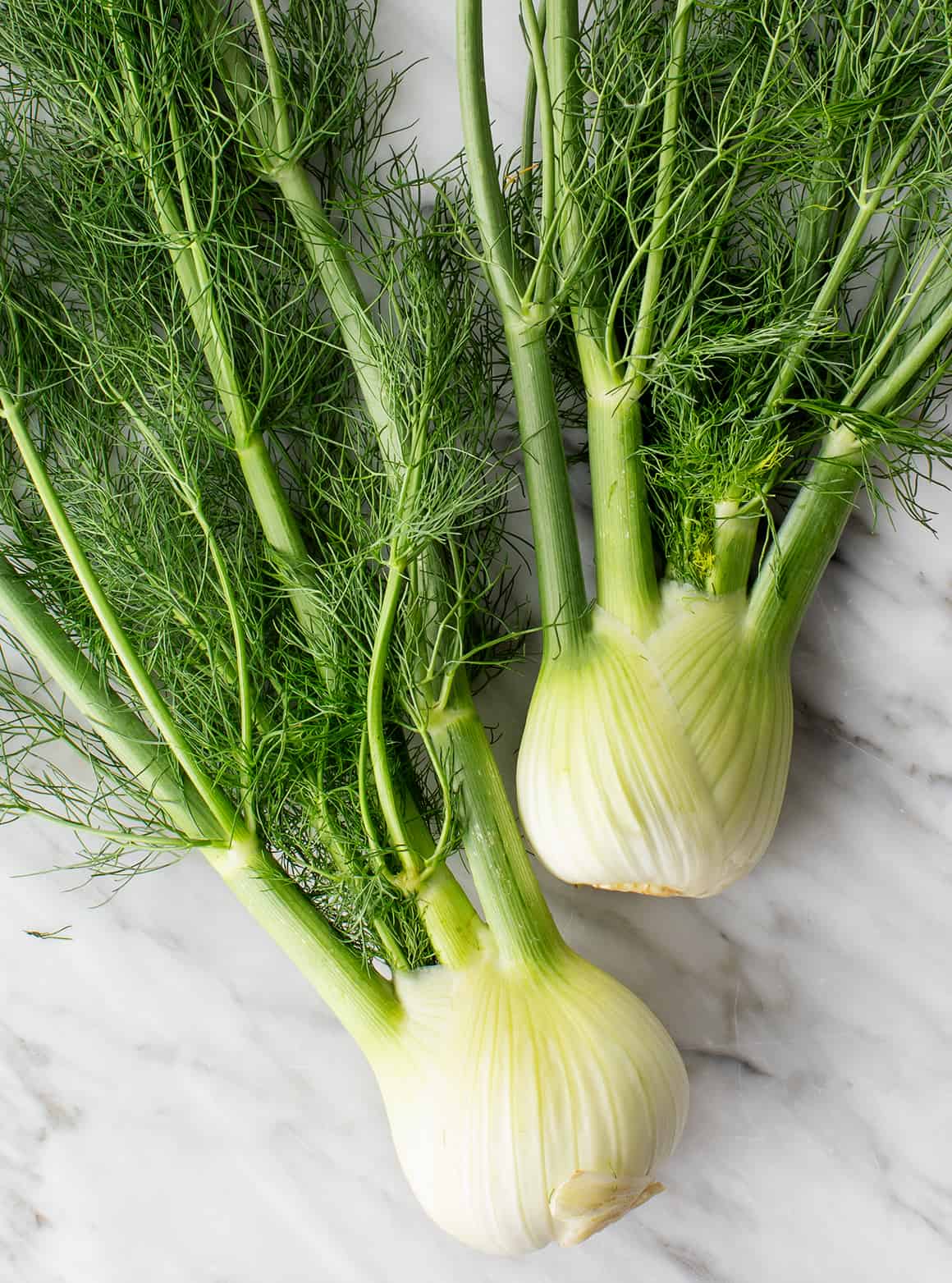
- Sweet alyssum: Sweet alyssum is a low-growing flowering plant that attracts pollinators. It is also very easy to grow.
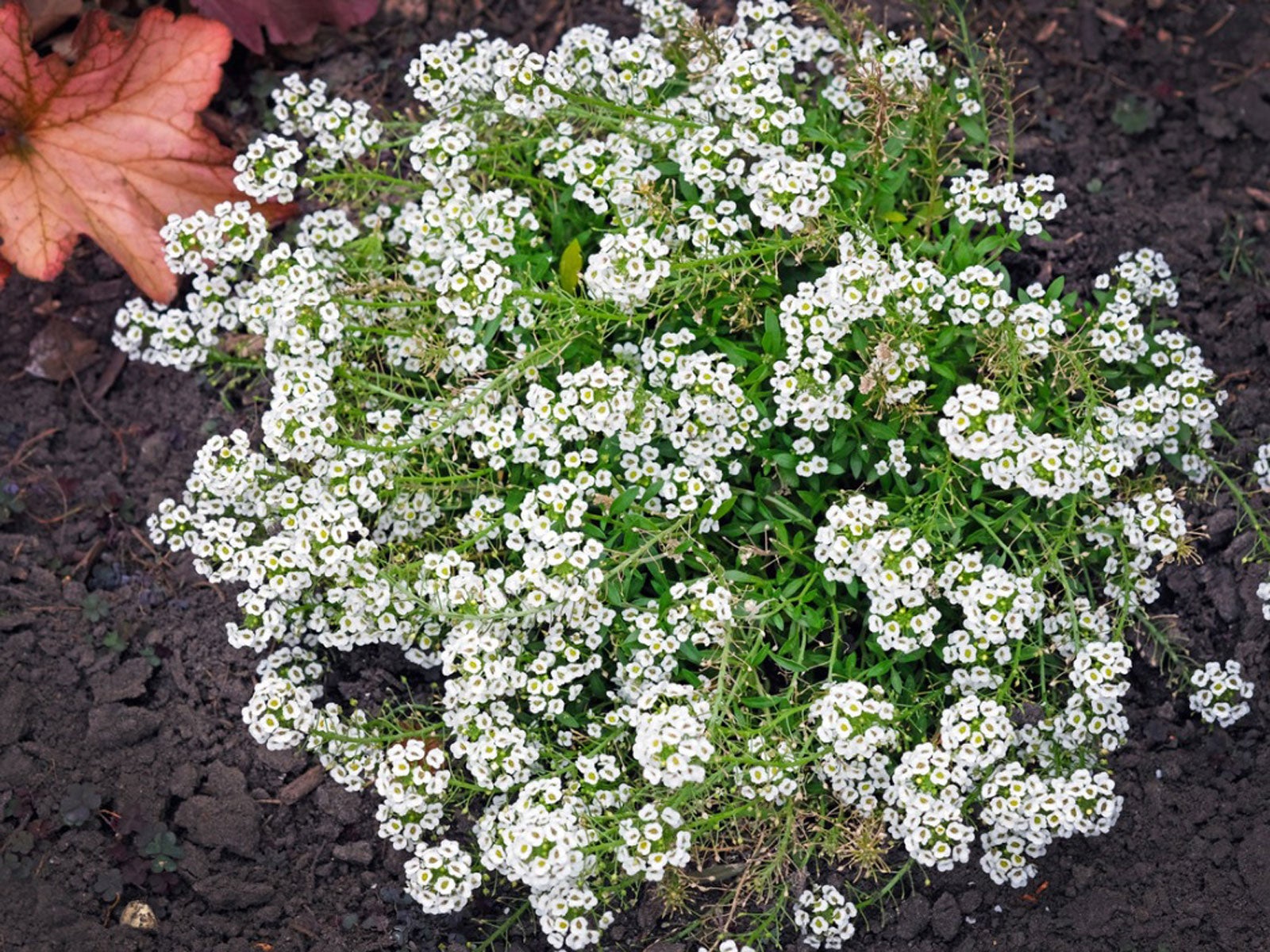
3. What are some good companion plants for winter squash that deter pests?
In addition to the plants listed above, some other good companion plants for winter squash that deter pests include:
- Nasturtiums: Nasturtiums are a beautiful flowering plant that deters pests, such as aphids, whiteflies, and spider mites.

- Petunias: Petunias are another beautiful flowering plant that deters pests. They also add color to the garden.
- Raspberries: Raspberries help to deter pests, such as squash bugs and cucumber beetles. They also produce delicious fruit.

- Tobacco: Tobacco plants help to deter pests, such as squash bugs and cucumber beetles. However, they should be used with caution, as tobacco is toxic to humans and animals.

- Yarrow: Yarrow is a medicinal herb that helps to deter pests. It can also be used to flavor food.

4. What are the best growing conditions for winter squash?
Winter squash need full sun and well-drained soil. They prefer a soil pH of 6.0-6.5. The soil should be amended with compost or manure before planting.
5. How far apart should winter squash plants be planted?
Winter squash plants should be planted 3-4 feet apart. This will give them enough space to grow and spread.
Image of winter squash companion plants
- Beans: Beans are nitrogen-fixing plants, which means they can help to improve the soil quality for your winter squash plants. They also help to attract pollinators, which is important for pollination of the squash flowers.
- Borage: Borage is a flowering plant that attracts pollinators, and it also helps to repel pests like squash bugs. Borage also has edible flowers that can be used in salads or as a garnish.
- Cosmos: Cosmos is a tall, flowering plant that can help to attract pollinators and shade the ground around your winter squash plants. Cosmos also helps to improve the soil quality by breaking down organic matter.
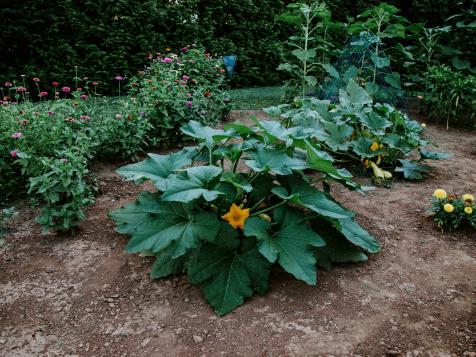
- Dill: Dill is a herb that helps to repel pests like cucumber beetles and squash bugs. It also helps to attract pollinators, and its leaves can be used to flavor food.

- Nasturtiums: Nasturtiums are a flowering plant that attracts pollinators and helps to repel pests like aphids. They also have edible leaves and flowers that can be used in salads or as a garnish.

Post a Comment for "Grow Bigger Better Winter Squash With The Right Companion Plants"